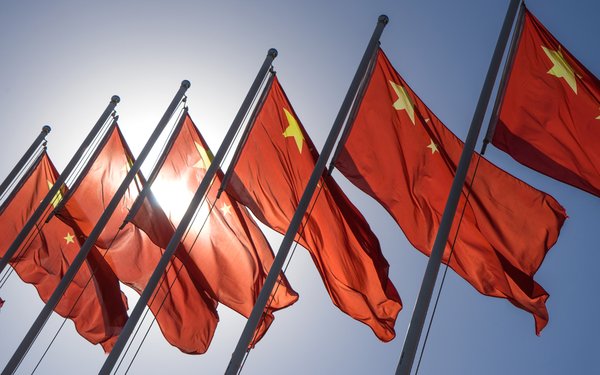
Although Facebook
doesn’t technically have a presence in China, the country continues to make up an ever-larger share of the social giant’s bottom line.
That’s according to Pivotal Research,
which estimates that about 10% of Facebook’s ad revenue -- or somewhere between $5 billion to $7 billion -- comes from China.
The research firm discovered the trend after reviewing
Facebook’s recent earnings reports and 10-Q filings.
“For a long time, we didn’t give much thought as to where the money attributed to U.S.-based advertisers was coming
from,” Pivotal analyst Brian Wieser notes in a new report. “If anything, we assumed there were marketers around the world that used Facebook, but perhaps unintentionally failed to limit
the geographies in which their ads ran.”
Yet, over the past few quarters, data provided in Facebook’s 10-Q filings have shown that international money is flowing in to North
America, Latin America and Europe from the Asian Pacific region.
“Our guess is the primary source of the revenue is almost certainly China,” according to Wieser.
Among
other financial disclosures, Pivotal found at least $342 million in extra ad spending on Facebook, which was targeted specifically to North American users above and beyond the spending produced by
advertisers from within the Asian Pacific region.
Growth from advertisers outside of North America was up 63% during the third quarter, which represented a significant acceleration of growth
from the first quarter of the year.
Despite this growing influx of cash from Chinese advertisers, Wieser remains bullish on Facebook’s long-term prospects.
“We continue to
view the long-run revenue opportunities for Facebook more negatively than much of the investment community because we see limits to growth for the overall advertising industry,” Pivotal Research
Group’s Brian Wieser wrote in a note to investors, earlier this week.
Facebook this week reported
better-than-expected third-quarter earnings per share, yet quarterly revenue fell short of analyst expectations. Worse, Facebook’s community activity failed to impress Wall Street.